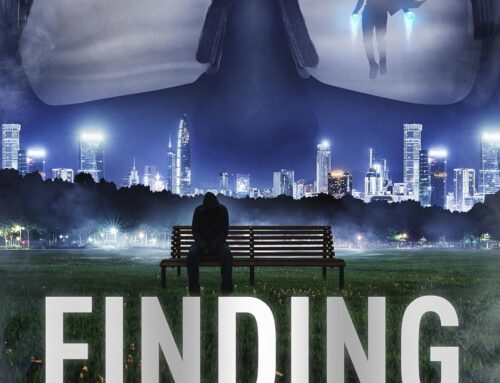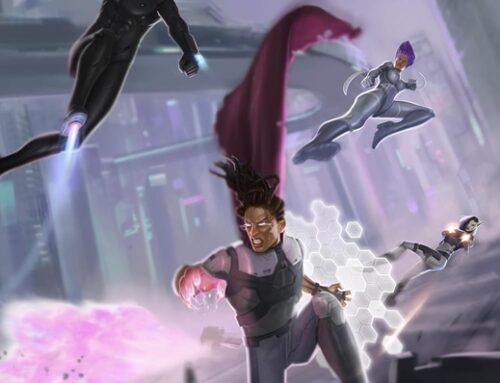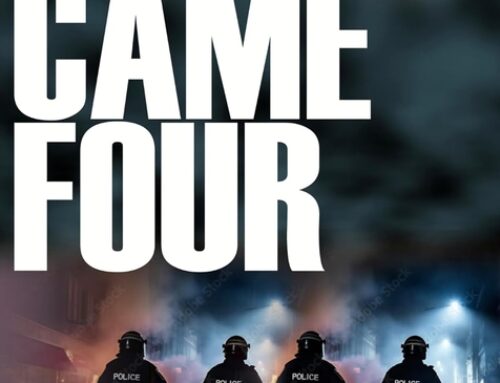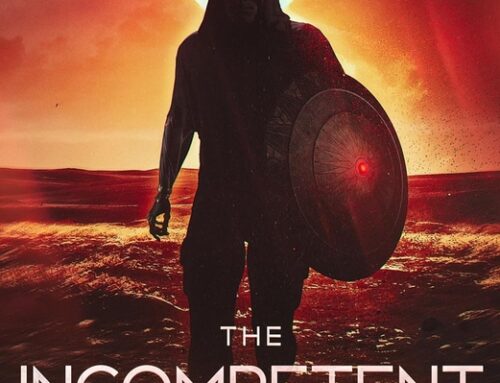
After an EMP attack destroyed America’s infrastructure, the rest of the world was soon to follow, leaving only those alive who knew how to hide – or fight. William is definitely classified as the former, only managing to eke out survival by staying well out of harm’s way. The collapse of the world has made everyone hard, and mistrusting of strangers, but there is an immediate warmth of goodness in his character, one that even the cold brutality of wild Arkansas can’t quench.
His stagnant life of solitude, however, is interrupted by a bold young girl searching for a father she would never find. Although their relationship starts with a gun pointed at his head, what the two kindle beside those first few fires is nothing short of magic. Agreeing to accompany Kat on a 50-mile journey through the wilderness to Missouri, William knows that their chances of completing the trip are slim to none, but something about the young girl’s presence feeds his hunger to not only survive, but to start a new chapter in life. She imbues him with a sense of purpose, and a fatherly love that builds beautifully on the page.
Together, they are a decidedly odd couple, but this terrible new world is an equalizer in so many ways, and they find unexpected common ground. As they move through their journey, they face horrific moments of grief and beautiful moments of camaraderie, from a man begging for them to take his life, rather than starve, to a couple in dire need who may represent the pair’s salvation. This is a roller-coaster of a road novel, achieving the same gritty realism as Cormac McCarthy, but doing so with a tenderness that doesn’t suggest such all-encompassing doom.
Some peripheral characters come and go through the story, adding a bit of life and variety to the main protagonists, but the duo can carry the story on their own. Between Kat’s fiery resilience and William’s thoughtful existential musings, the book is entertaining and engrossing, tackling broad topics of purpose, death, control, deception and, ultimately, hope.
There are some passages and scenes that don’t serve a clear purpose, as though the author simply wanted to add a bit more action to the plot, so a few sections could be edited down or eliminated entirely. The dialogue between the characters is usually authentic, but there are some exchanges where Kat and William no longer come across as believable. If a scene doesn’t organically develop into a particular conversation, it can be very obvious when an author forces a subject into such a space.
Generally, these issues are few and far between, and the novel reads quickly and smoothly. While the premise is not wholly unique in the genre, Kimberling Bridge stands out thanks to Tenney’s rigorous character development and patience as an experienced writer.
Available At


















Leave A Comment